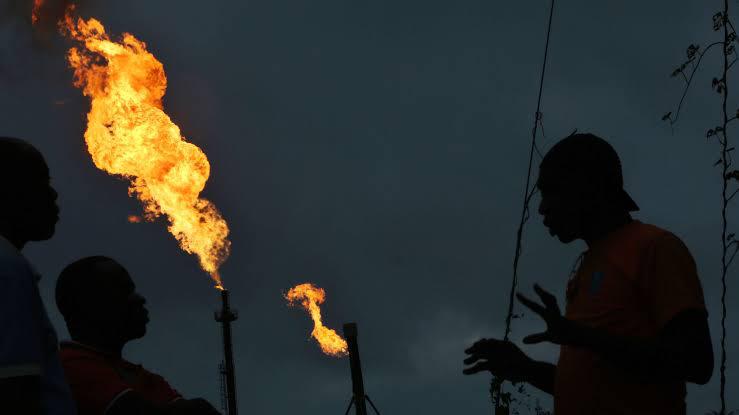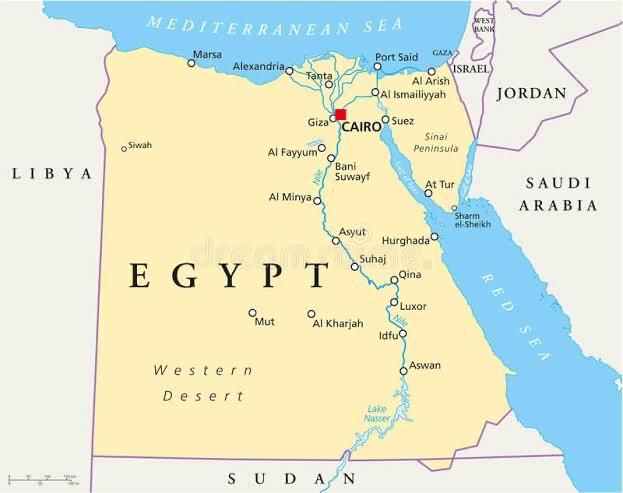 With 46.6 billion barrels as at a decade ago, oil reserves in Libya were the largest in Africa and among the ten largest in the world. A production rate of 1.65 million barrels per day as of 2010 gives Libya 77 years or reserves at current production rate (before the drop due to the pandemic) if no new reserves were to be found.
With 46.6 billion barrels as at a decade ago, oil reserves in Libya were the largest in Africa and among the ten largest in the world. A production rate of 1.65 million barrels per day as of 2010 gives Libya 77 years or reserves at current production rate (before the drop due to the pandemic) if no new reserves were to be found.
The aftermath of the Arab Spring protests in 2011, which eventually led to a civil war and foreign military interventions culminating in the death of Muammar Gaddafi, the ex-president of Libya, has caused the “Libyan global oil boom” to drop drastically, with most of the oil facilities either blocked or damaged by rival groups.
The resurgence of the country’s oil industry is less certain after the western region on the radar of Commander Khalifa Haftar, who intends to add to the other parts of the country under his command, was captured by loyal forces to the Prime Minister recognized by the United Nations, Fayez Al-Sarraj. The exact location captured is the Watiya air base near Tripoli.
The General, who has the support of Russia, rules the eastern and southern regions of the country but has been trying to invade the capital in the West, Tripoli, for over a year. He believes that Tripoli receives all of the nation’s oil revenue directly, and unfairly distributes the money to other regions. The issue of unfair marginalization of the east in particular has lingered on for years. The General reportedly stopped almost all of the country’s crude production in January to get Sarraj to surrender.
Sarraj on the other hand, who has Turkey’s support, may now restart the fields of El-feel and Sharara, Libya’s biggest western fields. But there are concerns over the past steps taken by Haftar which show that he will not give up easily, and won’t end his disruption of oil production unless a new deal is agreed upon that gives him a fair share of income generated from the sale of crude oil.
Libya is obviously exempted from the OPEC members and allies’ production cuts. The country with the highest oil reserves on the African continent now exports 90,000 barrels per day to its 1.2 million in late 2019 with the Sharara and El-feel fields accounting for a combined 400,000. If activities on those fields can be revived, it will help cushion the effect of the production cuts by OPEC+ that has caused a gradual rise in the price of crude oil in the past weeks. Bill Farren-Price, a director at Canadian Consultancy RS Energy Group was quoted saying, “There may be attempts to restart southwestern oil fields but sustained production is something else.”
A restart of Libya’s oil boom is still uncertain until there is ‘an almost impossible’ agreement between Commander Haftar’s Libyan National Army and Sarraj’s Government of National Accord, or until one of them defeats the other. The commander was quoted saying his air force would soon start “the largest aerial campaign in Libyan history” to strike Turkish (his opposition’s enablers) targets.
According to Farren-Price, “The bulk of Libya’s oil production is likely to continue to be disrupted until there are signs that the political process is moving again. That will probably require better international engagement, which is absent right now.” He also suggests that the commander is suffering AWOL of military men in and around Tripoli.



